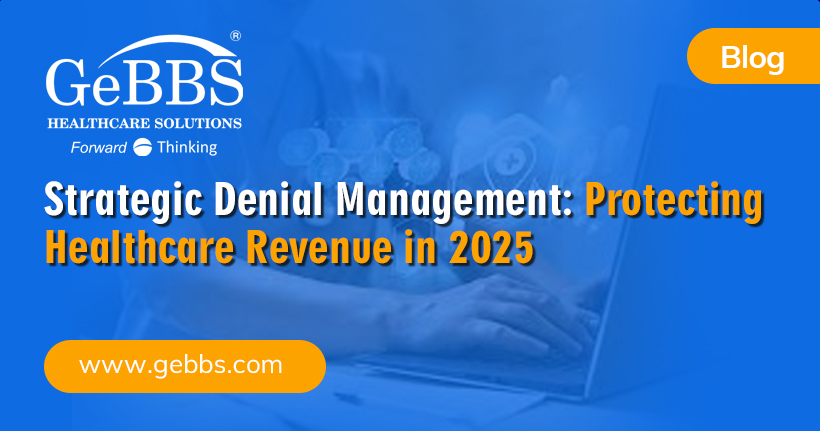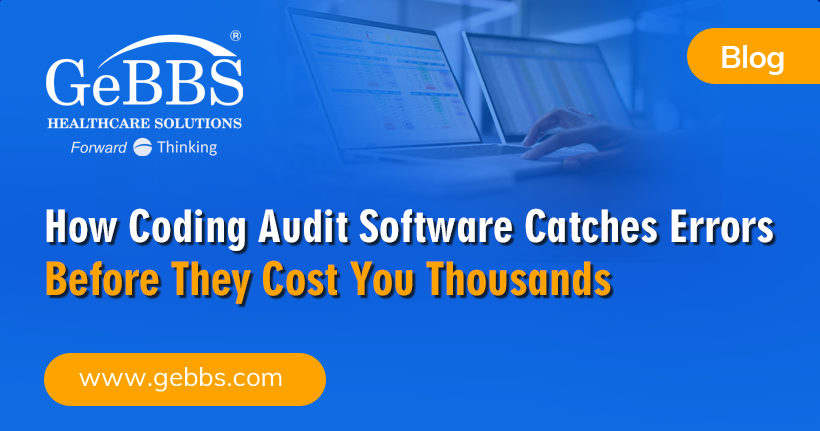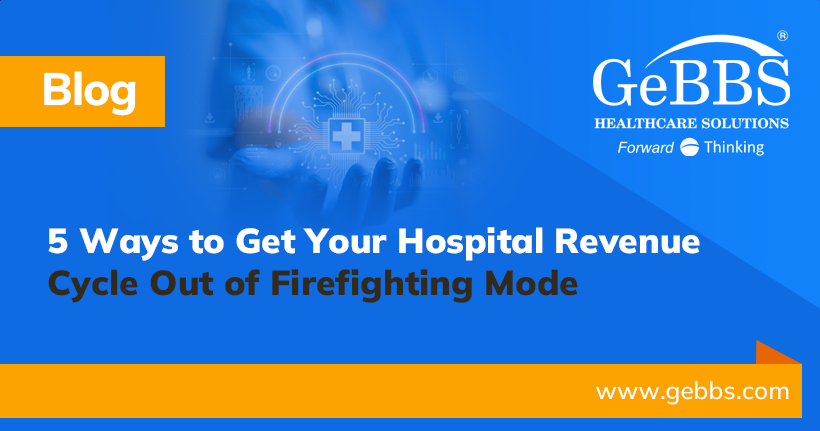In a recent survey, 74 percent of hospital chief financial officers and revenue cycle leaders said they already use automation or are in the process of implementing it in their revenue cycle operations (TechTarget). Approximately 25% of hospitals have yet to adopt these transformative technologies. The risks of inefficiency, errors, and missed revenue opportunities are significant for those still relying on manual processes. As the healthcare landscape becomes increasingly competitive, the need for data modernization and interoperability becomes not just a benefit but also a necessity for staying ahead.
But what exactly is healthcare revenue cycle management (RCM), and why is it so crucial? RCM is the financial process that healthcare organizations use to manage the administrative and clinical functions associated with claims processing, payment, and revenue generation. It encompasses everything from patient registration and scheduling to billing and collections. Effective RCM ensures that healthcare providers are reimbursed accurately and promptly, vital for maintaining financial stability and delivering quality care. Automation in RCM helps to streamline these processes, reduce errors, and enhance overall efficiency, ultimately allowing healthcare organizations to focus more on patient care and less on administrative burdens.
The Rising Role of Automation in Revenue Cycle Management
Automation is rapidly becoming a cornerstone in the evolution of revenue cycle management. By automating repetitive and time-consuming tasks, healthcare organizations can significantly improve accuracy, reduce administrative costs, and accelerate payment cycles. For example, automating claim submission processes can decrease the likelihood of errors, ensuring that claims are processed faster and with fewer denials. Additionally, automation can help organizations manage complex billing scenarios, track patient payments, and optimize revenue streams.
However, successfully implementing automation in RCM is not without its challenges. To fully realize the benefits, healthcare organizations must ensure that their underlying data is accurate, up-to-date, and accessible. This is where data modernization becomes critical.
The Importance of Data Modernization
Data modernization involves updating and optimizing the IT infrastructure and processes that manage healthcare data. In many healthcare organizations, legacy systems are still in use—often outdated, siloed, and incompatible with newer technologies. These legacy systems can be significant roadblocks to successful automation, as they may not support the seamless data flow required for automated processes to function effectively and provide high-level data security.
Modernizing data infrastructure is crucial for healthcare organizations implementing automation in their RCM processes. This includes upgrading electronic health records (EHR) systems, migrating data to cloud-based platforms, and implementing advanced data analytics tools. By doing so, organizations can ensure that their data is accurate, secure, readily available, and capable of being integrated into automated workflows. This enhances the effectiveness of automation and improves overall operational efficiency.
Interoperability as a Cornerstone for Success
Interoperability—the ability of different IT systems and software applications to communicate, exchange, and use data—plays a vital role in the success of automation in RCM. In healthcare, interoperability is essential to ensure patient data can be shared across different departments, facilities, and systems without friction.
However, achieving interoperability is often challenging due to the complexity of healthcare data and the variety of systems in use. Without seamless interoperability, automated processes can be hindered by data silos, leading to inefficiencies and potential errors. To overcome these challenges, healthcare organizations must adopt industry standards for data exchange, such as HL7 and FHIR, and invest in interoperability solutions that enable real-time data sharing across platforms.
Interoperability supports the automation of RCM processes and enhances the overall quality of patient care. When systems can communicate effectively, healthcare providers can access comprehensive, up-to-date patient information, enabling them to make more informed decisions.
How GeBBS Healthcare Solutions Can Help
As a leader in healthcare revenue cycle management, GeBBS Healthcare Solutions offers comprehensive services that support the automation of RCM processes including the use of autonomous coding and cognitive analytical engine in its solutions. By partnering with GeBBS, healthcare providers can ensure that their data is accurate, secure, interoperable, and ready for integration into automated workflows.
GeBBS’ services are designed to optimize revenue cycle operations, reduce costs, and improve financial outcomes, all while allowing healthcare providers to focus more on patient care.
The Future of RCM: Beyond Automation
While automation is a powerful tool for improving revenue cycle management, the future holds even more significant potential with emerging technologies like artificial intelligence (AI), machine learning, and predictive analytics. These technologies will enable healthcare organizations to automate routine tasks, gain deeper insights into their operations, predict trends, and make proactive decisions.
However, the successful deployment of these advanced technologies will continue to depend on robust data systems and seamless interoperability. As healthcare organizations look to the future, investing in data modernization and interoperability will be essential for staying competitive and delivering high-quality care.
Conclusion
In the rapidly evolving world of healthcare revenue cycle management, automation offers significant benefits, from increased efficiency to improved financial performance. However, healthcare organizations must prioritize data modernization and interoperability to leverage these benefits fully. By investing in these areas, organizations can overcome the challenges of automation and unlock its full potential.
GeBBS Healthcare Solutions stands ready to partner with healthcare providers on this journey, offering the expertise and solutions needed to transform RCM processes and achieve lasting success.






